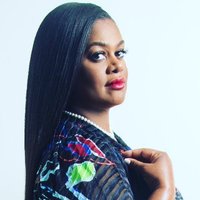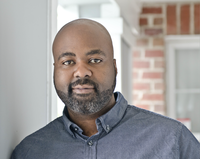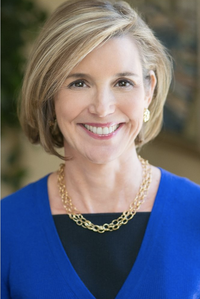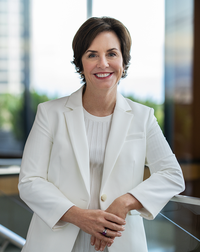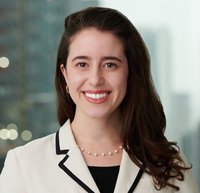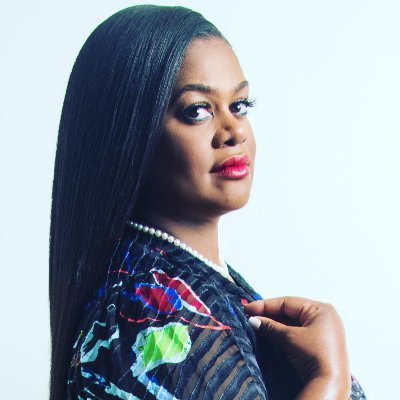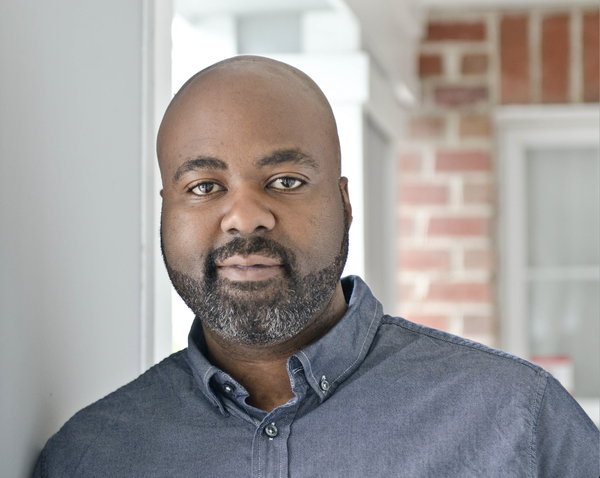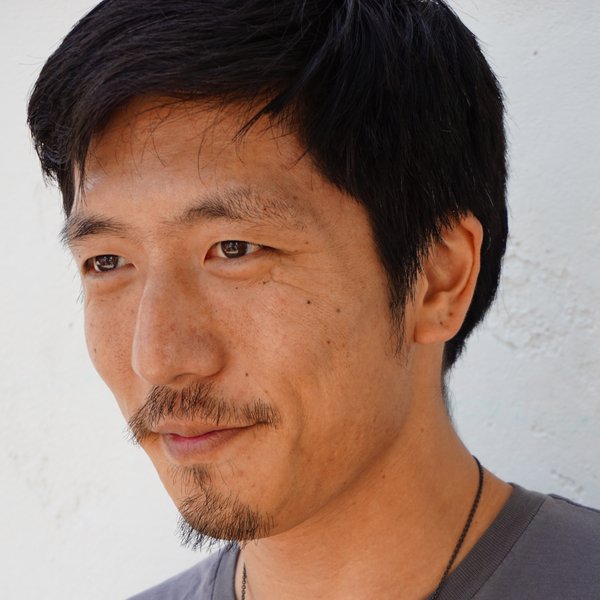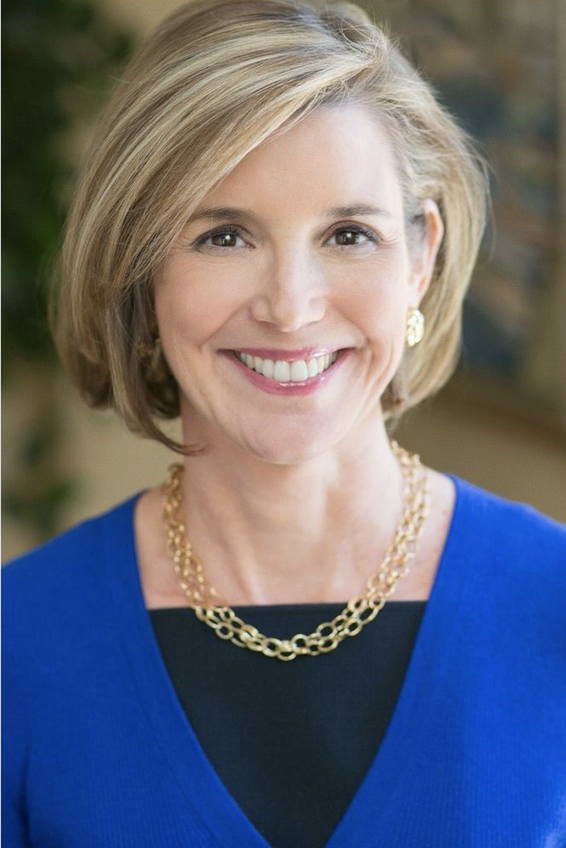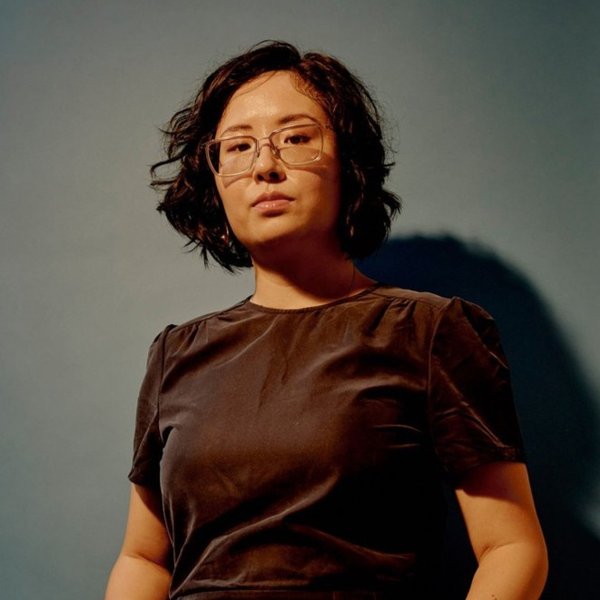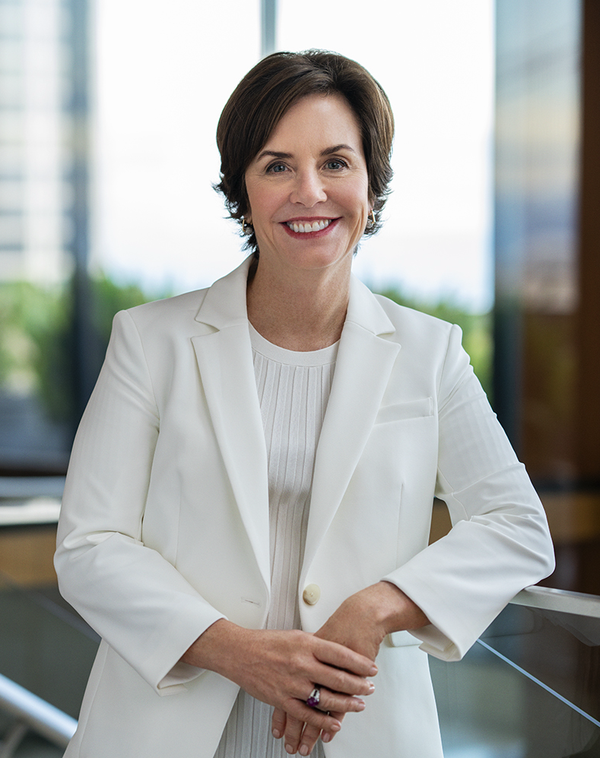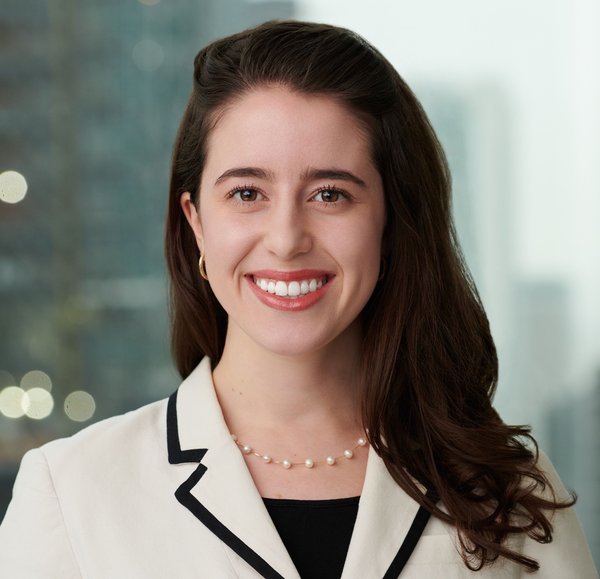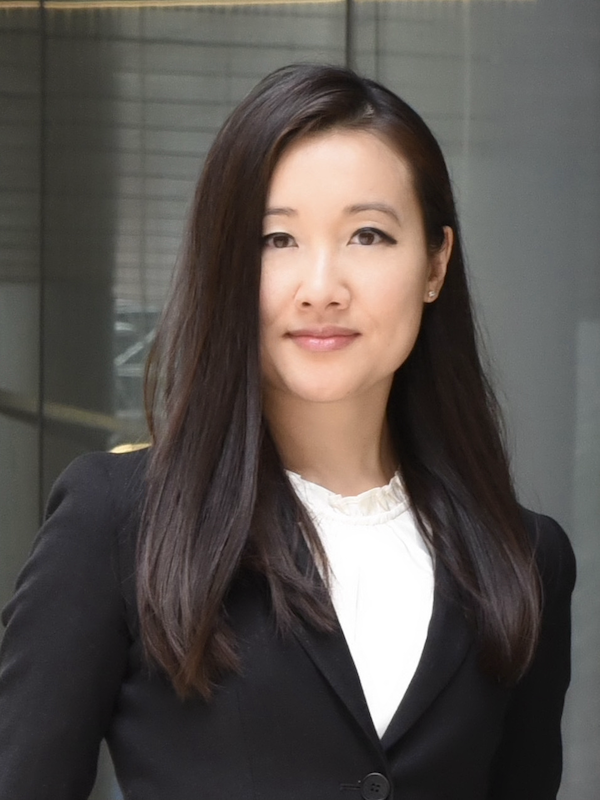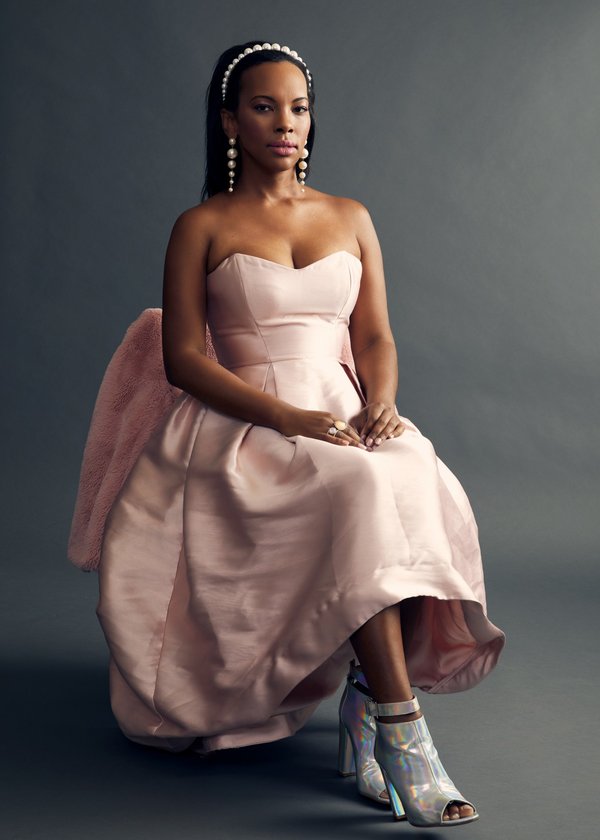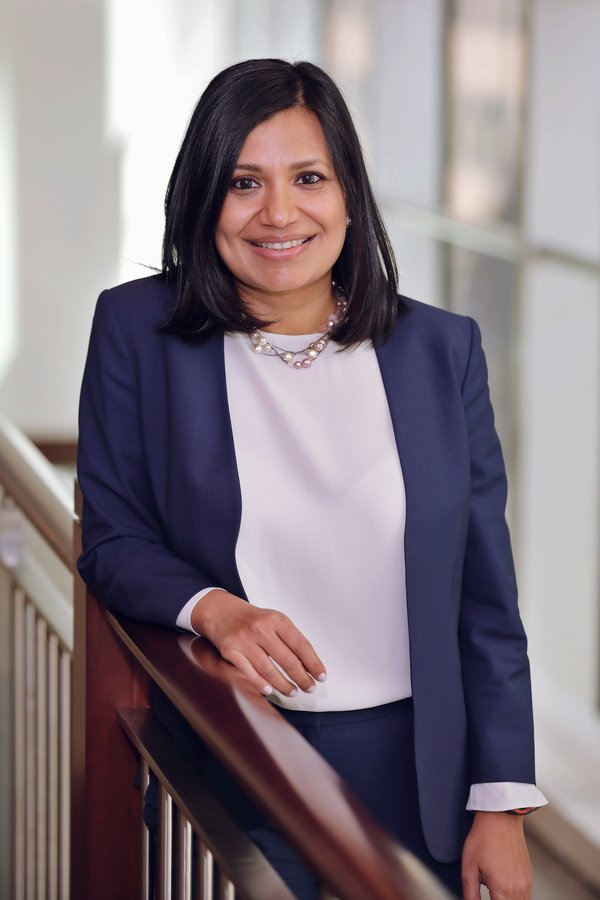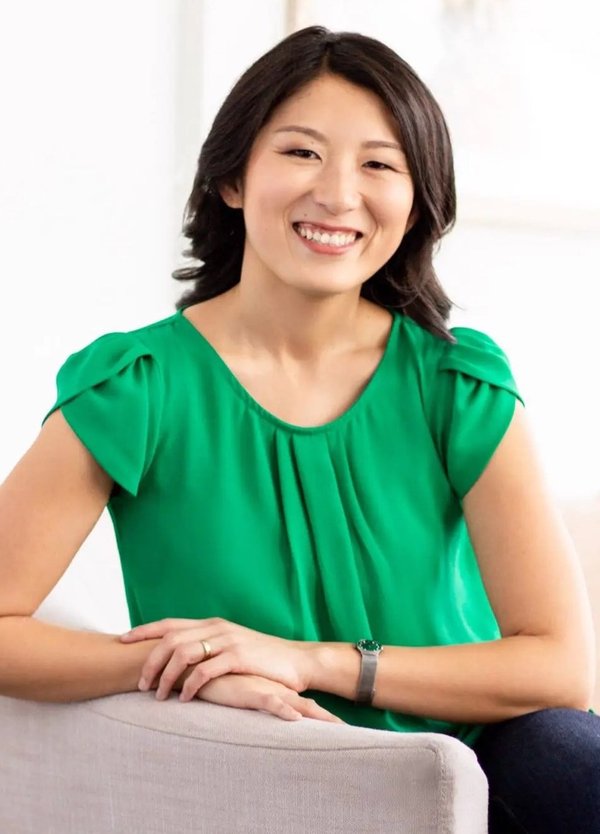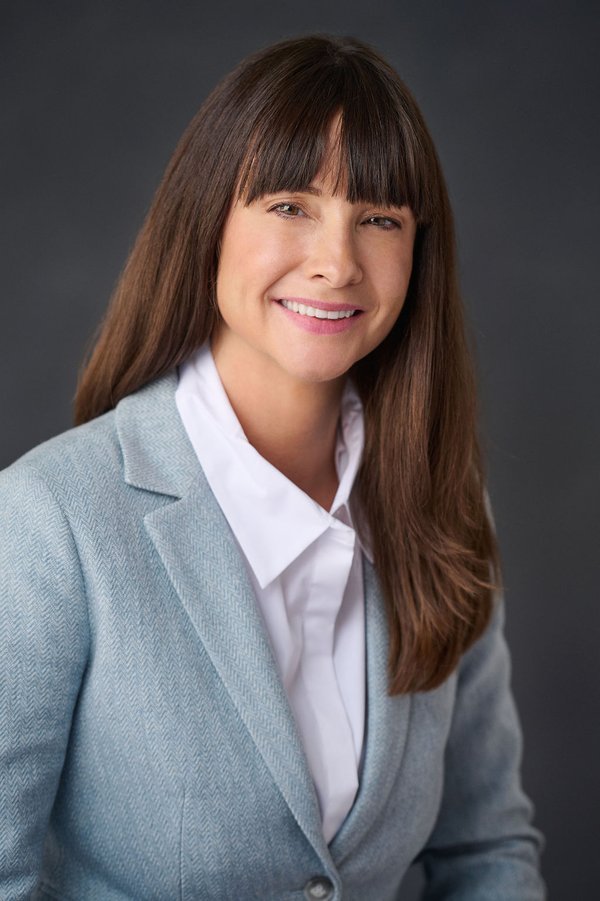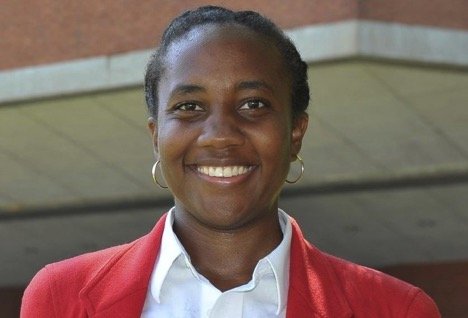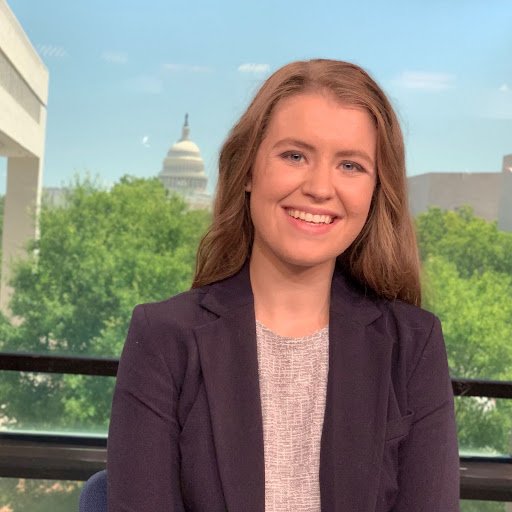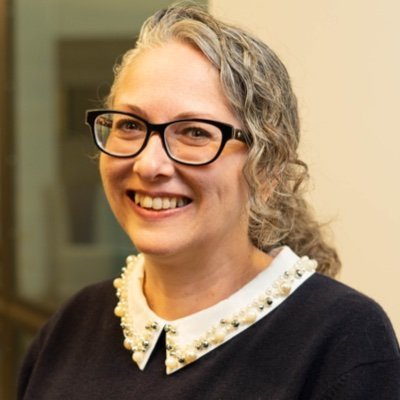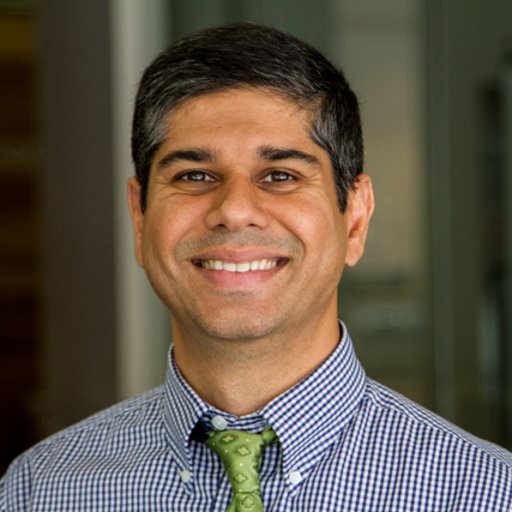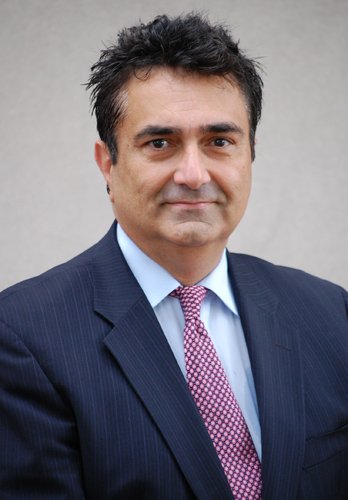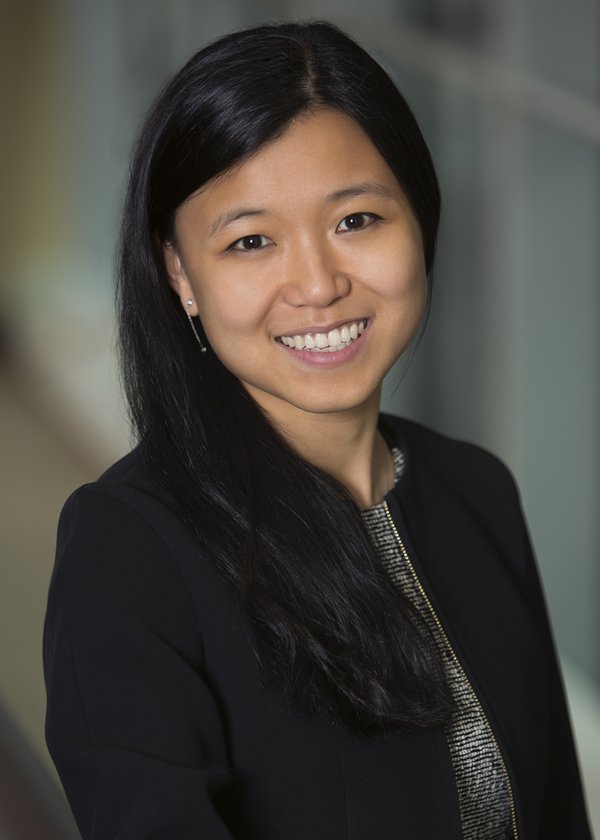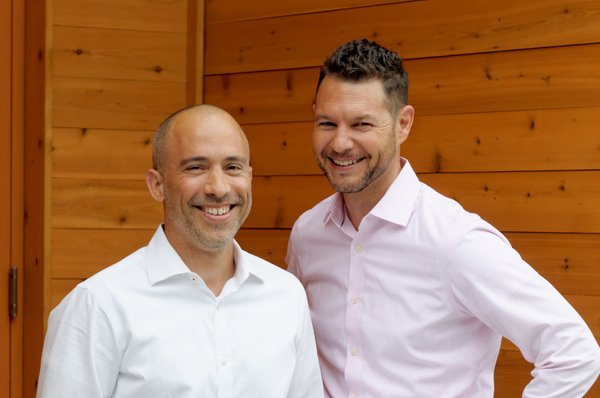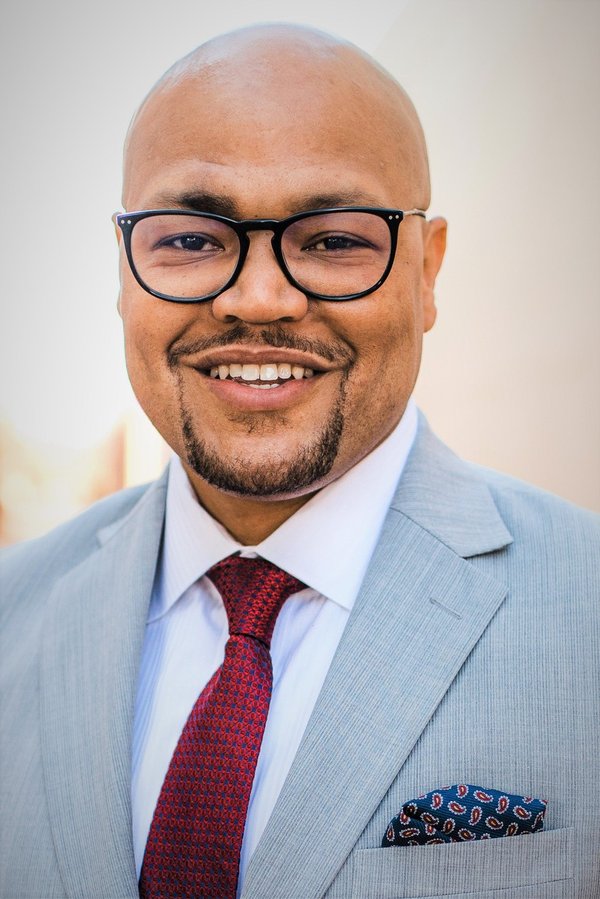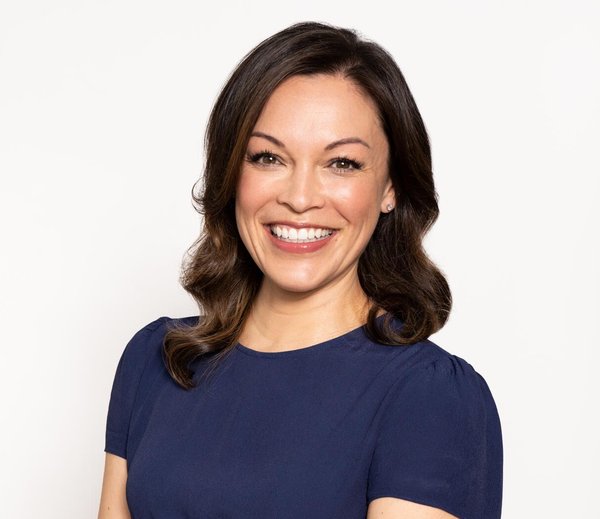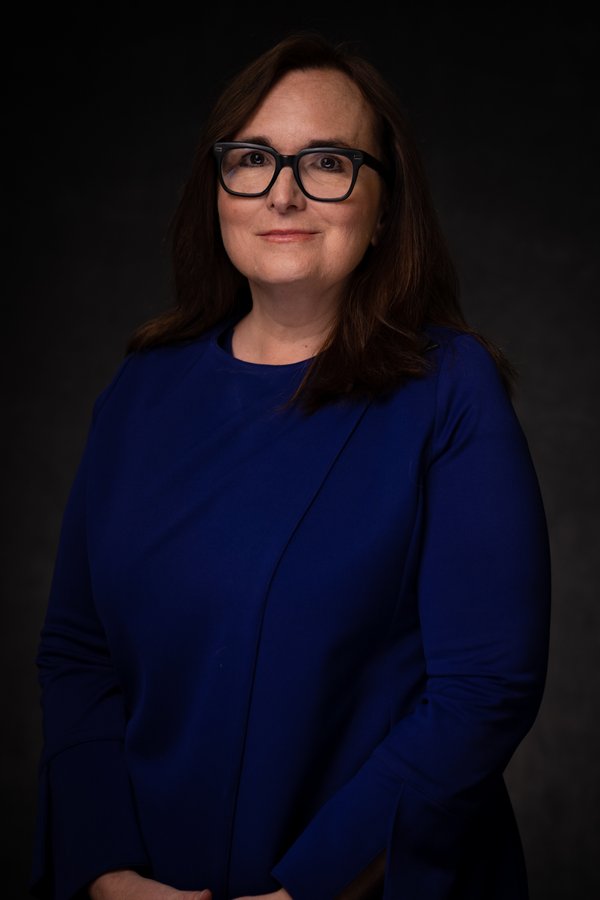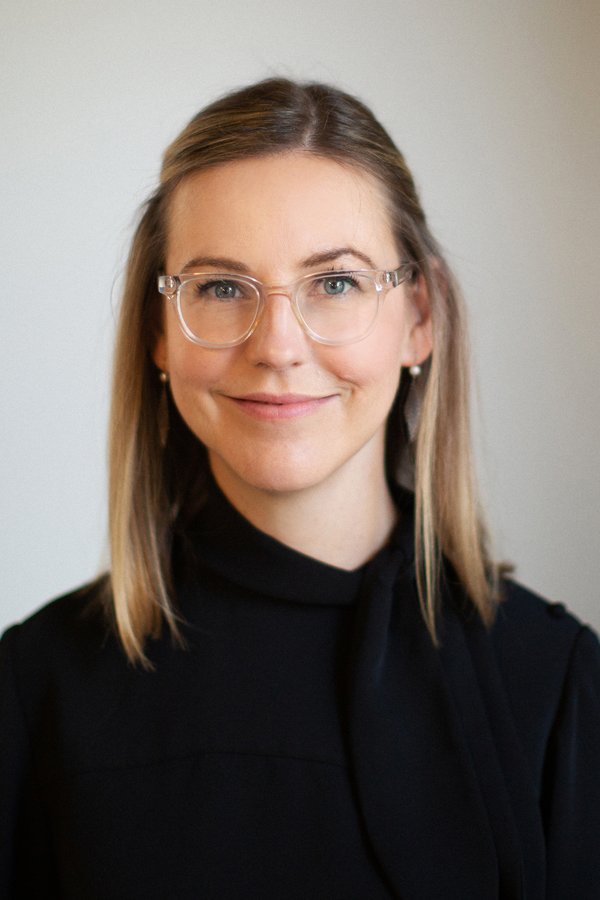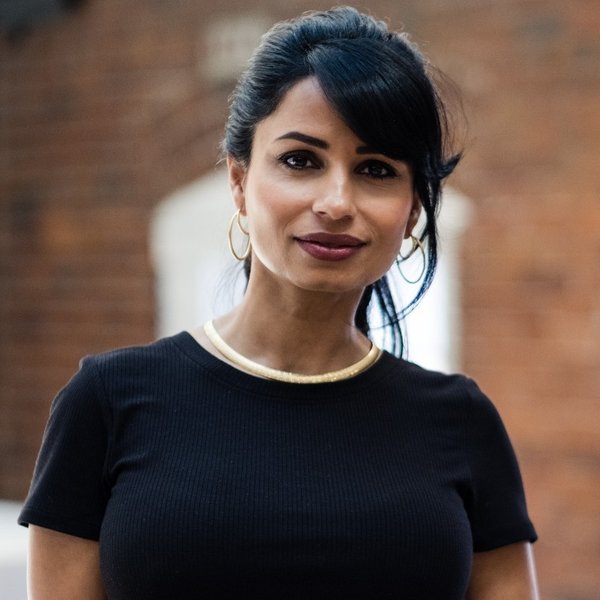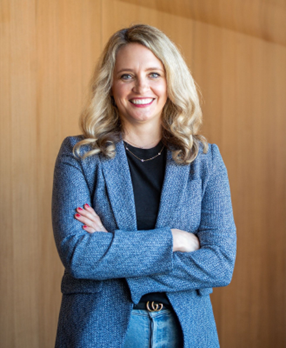
Since launching America's first online real estate investment platform in 2012, Fundrise has grown from an innovative idea to a platform with over 1.8 million active users and $3.2 billion in assets under management (AUM) across real estate private equity, private credit, and growth-stage venture capital. CFO Alison Staloch is responsible for leading the finance, tax, and accounting teams that support real estate asset management and fund administration, as well as corporate functions for the Fundrise platform.
Prior to joining Fundrise as the company's first female executive in April 2021, Alison was chief accountant of the Division of Investment Management at the U.S. Securities and Exchange Commission (SEC). In her role as chief accountant, she was responsible for interpreting the impact of new regulations and standards on the financial reporting and accounting practices of investment companies in compliance with federal securities laws.
Prior to the SEC, Alison spent more than 10 years at KPMG, where, as a senior manager, she provided professional audit services to clients within the investment management industry, primarily SEC-registered investment companies.
Alison's Investing Style
How many years of investing experience do you have? 10-20 years
What is your investing risk tolerance? Medium
What is your portfolio size? 20+ stocks
What are your favorite investing sectors? Healthcare, Financials, Information Technology, Real Estate
What makes those sectors so interesting to you? Diversification is critical, in my opinion, so I couldn't choose just one. I am naturally drawn to these sectors for a number of reasons: connections to my work experience and personal interests, their current positioning within an innovation cycle, and that they, collectively, allow me to balance out my exposure.
Healthcare and finance offer steady growth and innovation potential, while technology presents exponential growth trajectories. Real estate combines steady income and long-term appreciation with post-pandemic opportunities in areas like single-family residential and industrial properties.
By investing in these sectors, I aim to balance exposure, leverage their strengths, and minimize risks. My investment strategy takes into consideration the intricate interplay between sectors, growth prospects, and emerging trends.
Can you tell us about your relationship with money at an early age?
Early on, I had responsibilities within my family to manage some of our expenditures. My father was a tax accountant who was raised on a farm -- a background that made him a staunch believer in work ethic and learning by doing. I was taught at a young age to manage cash, pay bills, and create and follow a budget.
When did you start your investing journey and why?
I started immediately upon landing my first job. While I waited until I could max out my 401(k) to allocate investment dollars, setting the foundation from the beginning -- from your first paycheck -- is critical. People often think they can delay their long-term investment planning until they have more money or have gotten their first few raises. But that time could be critical, including from a mindset perspective.
Setting the tone for how you will allocate your funds and prioritizing investment, savings, and retirement planning begins in your childhood and is solidified in your early career years. You will be unlikely to prioritize it in your 30s and 40s if you never thought about it in your 20s, not to mention that it will be much harder to catch up at that stage.
What has your journey been like as an investor? What are some of the challenges you've had to overcome?
My journey as an investor has been a dynamic and transformative one. One of the most prevalent obstacles I've dealt with is the pervasive lack of confidence many women experience within the investment realm. Overcoming this hurdle required a conscious effort to embrace uncertainty, a mindset I cultivated throughout my career.
I recognized the importance of acknowledging that I don't possess all the answers and that continuous learning is essential. Embracing uncertainty and nurturing a supportive environment enabled me to navigate uncharted territories and adapt to evolving circumstances and investment opportunities.
In what ways has your cultural identity and lived experiences positively impacted your financial journey?
My financial journey has been profoundly influenced not only by the early teachings of my father, who instilled in me a keen sense of financial mindfulness, but also by the dynamic interactions with the women in my life. Within my diverse circle of female friends, spanning various backgrounds and life stages, whether single, married with children, or divorced, I have had the privilege of being a trusted resource for financial guidance.
These interactions have provided me with invaluable insights into the personal finance and investing habits of women beyond my professional sphere. Observing the prevailing trend of lower investment participation and knowledge among women, particularly in alternative assets, has reinforced my commitment to the industry and to expanding education.
What advice would you give to someone who may be experiencing market volatility for the first time?
A reminder to buy low and sell high, not the other way around. This isn't the time to start to speculate and gamble but to remain levelheaded, buckle down on dollar-cost averaging, and make steady, well-reasoned decisions.
If you could go back in time and change one thing about your investing strategy, what would you change and why?
I would have experimented (with immaterial funds!) with more esoteric forms of investments and strategies earlier; for example, giving myself more exposure to options trading or derivatives. It's possible that today's technology wouldn't have been available to me at the time, but the education you'll gain from losing some of your own money is priceless.
What really excites you about the future of investing?
The transformative power of technology excites me. With increased access, real-time connectivity, and advanced insights, technological innovation is revolutionizing the investing sector. This exciting synergy between technology and finance is reshaping the landscape and holds immense potential for the future of wealth management.
What scares you about the future of investing?
My fear is that the industry won't be able to enlist enough women with diverse backgrounds to participate either as entrepreneurs or as voices of leadership. We need more female leaders in fintech, more female entrepreneurs and founders.
At Fundrise, we're focused on ensuring the next generation of leaders in our organization are broadly diverse, so we make great efforts to seek out women for open roles across the company, including in finance and leadership. I hope this will also create an environment for women who want to learn about building a business to be inspired on a path to entrepreneurship in whatever form that takes.
Who are some leaders in the financial industry you admire and why?
Thasunda Brown Duckett, president and CEO of TIAA, for her exceptional leadership and commitment to financial empowerment. Under her guidance, TIAA has continued to prioritize the financial well-being of its clients while driving meaningful impact in the communities it serves.
Lynn Martin, president of NYSE Group, for her instrumental role in advancing the world's largest stock exchange. Her strategic vision and dedication to fostering a fair and transparent market have contributed to the continued success and integrity of the NYSE.
Matt Levine of Bloomberg Money Stuff for his exceptional combination of deep knowledge, a unique perspective, and a delightful touch of humor.
What are some of your favorite educational resources (books, podcasts, websites, etc.) that you'd recommend for investors of all ages?
I highly recommend The Best One Yet podcast (formerly Robinhood), which stands out for its simplicity, quick hits, and humor.
In addition, the works of Nassim Nicholas Taleb, including Antifragile: Things That Gain From Disorder and other insightful books, offer valuable perspectives on risk and resilience. His writing challenges conventional wisdom, encouraging readers to embrace uncertainty and develop strategies that not only withstand adversity but thrive in the face of it.
What's one quote or saying that inspires or challenges you?
"You have been assigned this mountain to show others it can be moved."
A powerful reminder that we all have the potential to achieve great things.
Anything else to add?
Investors eager to expand their knowledge of alternative investments are encouraged to visit Fundrise.com. The platform offers valuable insights into the importance of alternatives, the benefits of diversification, and the larger macroeconomic trends that investors should be aware of in the current economic environment.
